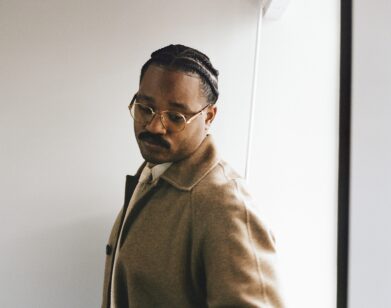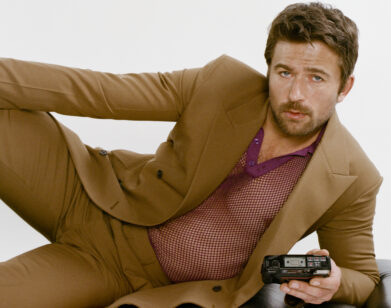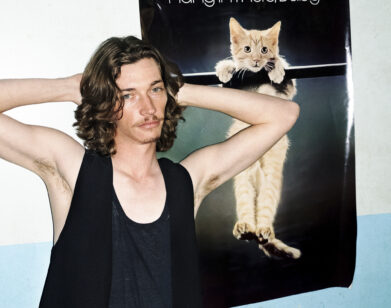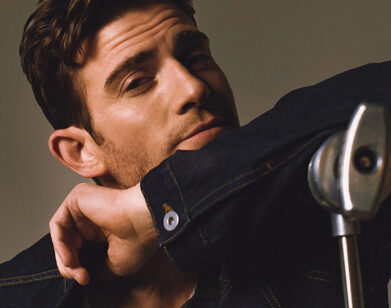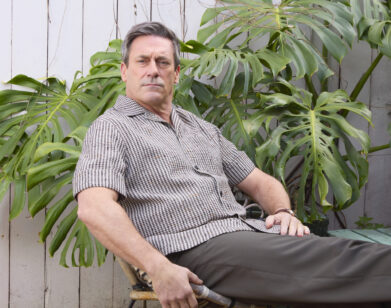Andrei Tarkovsky Will Change Your Life
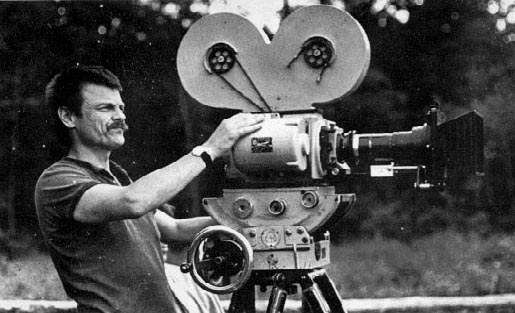
I know a guy who likes to torture his friends by making them sit through Tarkovsky films. His stuff is slow, ponderous, and never less than two hours long. It’s not for everyone-even among movie buffs. Tarkovsky’s sprawling medieval-era biopic Andrei Rublev “suffers from the rhetoric and depersonalization that have always hung over Russian cinema,” in the words of eminent film scholar David Thomson, while Solaris, the filmmaker’s 1972 foray into sci-fi, is a series of “senselessly elaborate” visuals.
On the other hand, The Sacrifice (1986) “has some of the most glorious extended shots in film history,” to quote Thomson again, and Solaris put Steven Soderbergh under such a spell that he remade it, rather unsuccessfully, in 2002. Tarkovsky is definitely alive and well in the minds of filmmakers. All of a sudden, there’s a handful of documentaries about him either kicking around the festival circuit or in the works.
One of them is Meeting Andrei Tarkovsky, a meditative documentary anchored by interviews with Tarkovsky collaborators around the world. (It’s the one new title in the Tarkovsky film series that starts today at the Film Society of Lincoln Center.) Moscow-born, LA-raised director Dmitry Trakovsky (not a typo; we’ll call him Dmitry for simplicity’s sake) also frames it as a personal journey of sorts. Rather than tackling his subject in typical fashion, he approaches it the way the great filmmaker himself might have done—”instead of linear logic, poetic logic,” Dmitry says. Taking cues from Sculpting in Time, Tarkovsky’s aesthetic treatise, he made extra efforts to keep filmed moments intact: “The less cutting one can achieve, the more effective the film.” Tokyo-Ga, Wim Wenders’s untraditional portrait of Japanese filmmaker Yasujiro Ozu, also served as a model.
Meeting Andrei Tarkovsky started to come together when Dmitry randomly met a monk in Redding, California. The young, Massachusetts-born monk told him he owed his vocation to Tarkovsky-which sounds crazy, but given the director’s obsession with spirituality, actually makes some sense. Then there’s Dmitry himself, who had never made or even seriously studied film until he decided to embark on his Tarkovsky project. (He shot the film in 2005-06, while studying abroad in Italy.) “I was a pre-med student,” he says. “I’m a filmmaker now, for better or worse.”
No one has yet made a straight-up, biographical Tarkovsky doc, although apparently one is in the works. There’s also a film being made that focuses on Tarkovsky’s writings, and Dmitry says he’s been competing (unsuccessfully, mainly) for festival screenings with a Russian documentary, Rerberg and Tarkovsky, that adopts a more “controversial and political” stance towards Tarkovsky.
Like many tortured, big-thinking foreign directors, Tarkovsky has had a greater impact outside his native country. In the film, a young Russian director says, a bit wistfully, that he’s no longer in fashion there. But Dmitry says he’s discovered surprisingly large Tarkovsky followings in countries like Brazil, India, and Japan. “On Facebook there’s even two or three Turkish Tarkovsky fan clubs,” he adds.
Meeting Andrei Tarkovsky screens July 7, 8, 9, and 14 at Walter Reade Theater.


